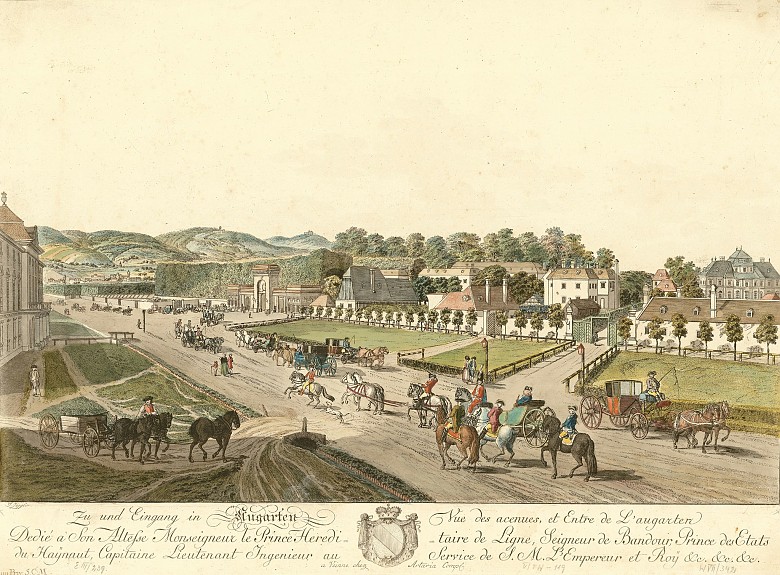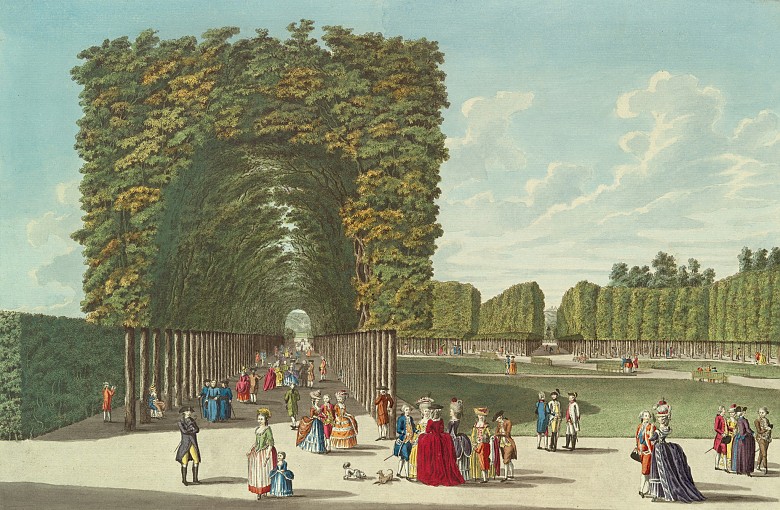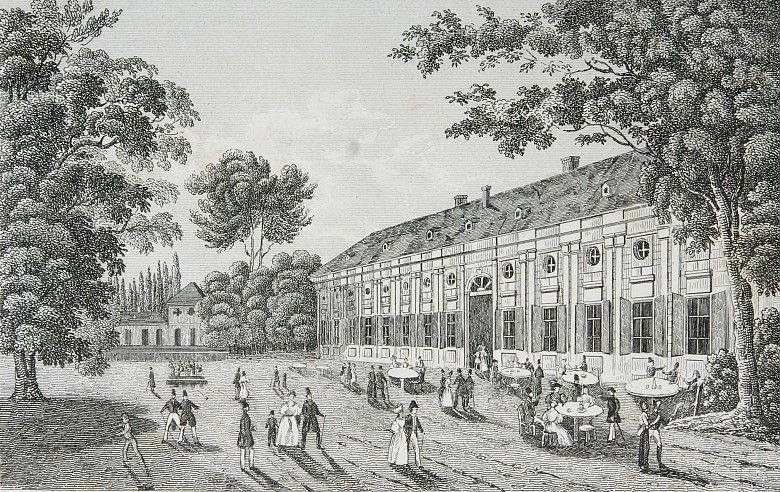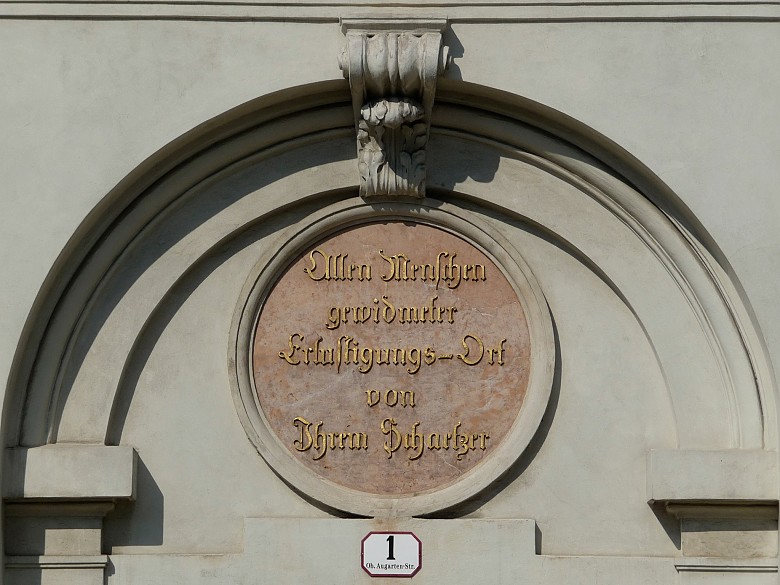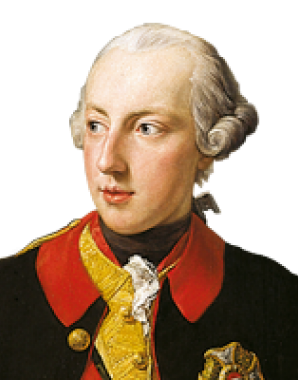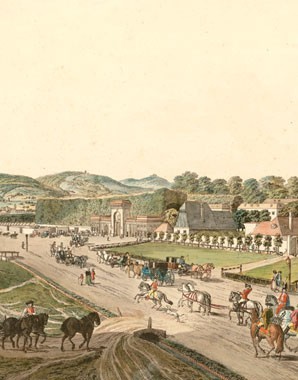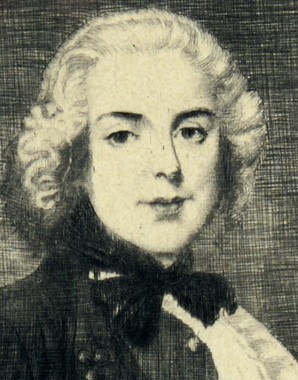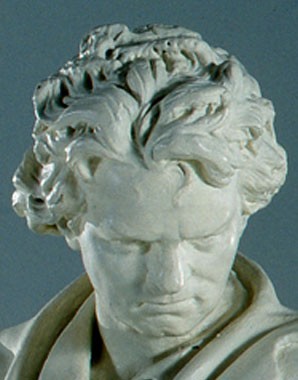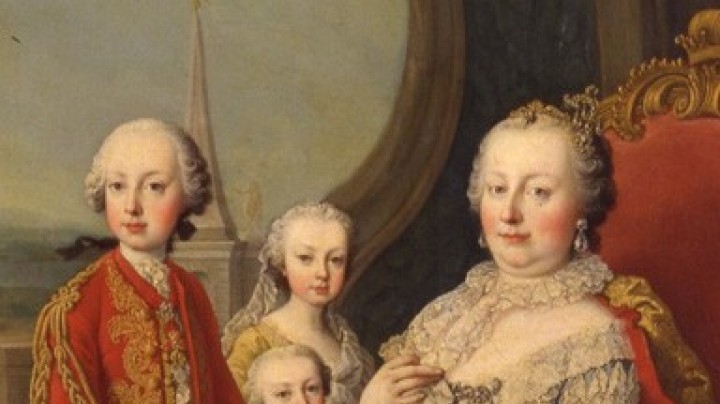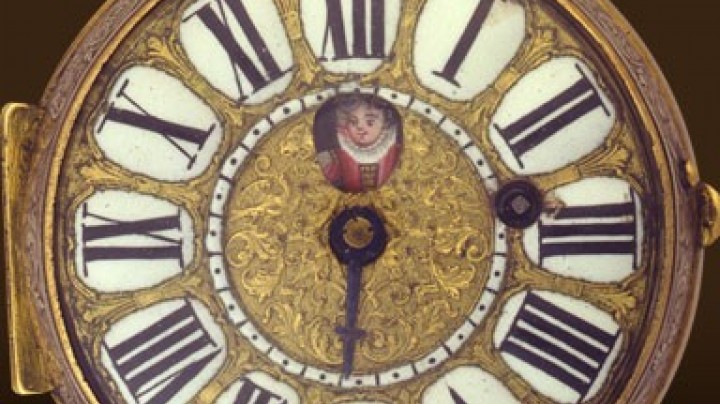A place in the sun: Joseph II, the Augarten and how the Viennese spent their leisure time
‘Allen Menschen gewidmeter Erlustigungs-Ort von ihrem Schätzer’ (‘Place of recreation dedicated to all the people by their Esteemer’): these are the words which, to this day, are inscribed on the main gate of the Viennese Augarten. Emperor Joseph II opened the Augarten to the public in 1775; having previously been the exclusive preserve of the Court nobility, it now became a public park.
Joseph II had the ancient Baroque garden altered entirely to suit the taste of the Viennese; additional avenues providing shade were laid out, benches were added affording the opportunity to rest, and even nightingales were introduced to provide an acoustic backdrop. The Viennese expressed their gratitude by rapidly turning the Augarten into one of Vienna's ‘hot spots’ as it evolved into a major city. The Emperor responded with his usual sarcasm to complaints from the nobility, who felt the exclusivity of their domain to have been disrupted; if he wanted to remain amongst his own, then his only choice was the Imperial Crypt (Kaisergruft) in the Capuchin Church. Joseph pointedly had his private summer house, the Josephsstöckl, erected in the middle of the park grounds.
The centre of the park was the Saalgebäude, the remains of the former Alte Favorita, an imperial château de plaisance (pleasure palace) dating back to Emperor Ferdinand III. Here, since 1782, a former personal chef of Maria Theresa and forerunner of the modern events manager, named Ignaz Jahn, organized morning concerts in order to boost his restaurant business. These have entered the annals of music history, becoming a meeting place for polite society. The concerts, at which eminent figures such as Mozart, and later Beethoven, also appeared, were deliberately held in the morning, for at this time of day the upper classes were undisturbed by the rabble, the common people being at work.
In addition to the opening of the Augarten, access was successively granted to the imperial gardens and hunting grounds in and around Vienna, which had formerly been closed to the public at large. Indeed even when Joseph was still ruling jointly with his mother Maria Theresa, he worked to ensure that the grounds of the Prater would be open as a recreation facility for all from 1766, while the gardens of Schönbrunn were open from 1779. As with so many of Joseph II's reforms, the opening of the Augarten was not necessarily motivated primarily by pure philanthropy. Rather, the idea was that, based on the utilitarian ideals of the Enlightenment, his dutiful citizens were to be provided at the end of their day's work with an opportunity for mental recuperation and physical recreation.
